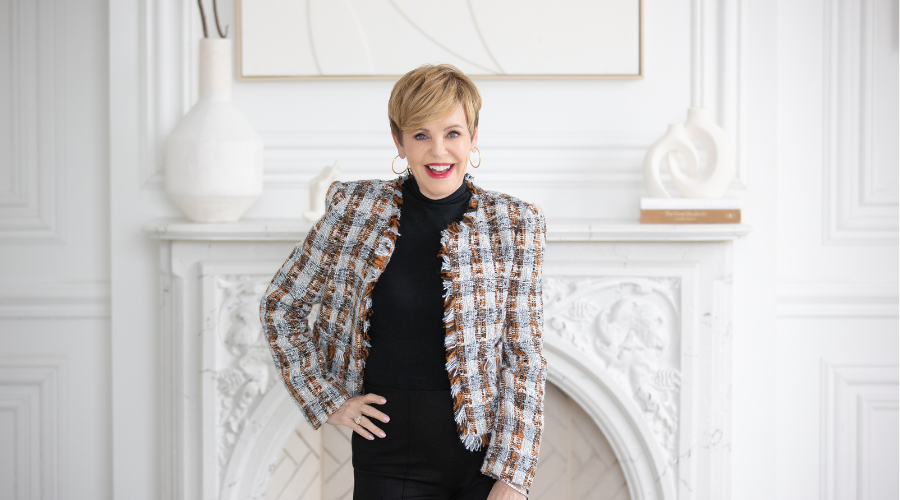When I consider what advice I would offer my thirty-year old self about growing older, there’s one thing I often forget. And that’s friendship. What comes to mind first when mentoring the much younger me is romance, career, marriage, kids and money.
Yet as I look back on my life from childhood to retirement, friendship has played an enormous role, more significant than I’ve been willing to give it credit for. During long periods of time, when I was a university student or raising my daughter, friendship sustained me, and continues to shape the person I am becoming in retirement.
I’m beginning to realize that to be an attentive partner, younger women need to learn how to be a willing friend. And at no time in life since adolescence is friendship more important than it is during retirement, when friends –-and significant others– are in the enviable position of devoting chunks of unstructured time together.
Friendship isn’t simple. Looking back, I’d say it’s more complex than romance. When we fall in love, psychologists suggest that it’s more chemical than cerebral, and scientific studies are showing that it takes about four minutes to get hooked on your significant other. At the opposite end of the clock, friendships unfold over time, with the most successful ones, taking months or years to bloom.
Our initial relationship with another female is the one with our mothers, and if that isn’t the most complicated relationship of all, I don’t know what is. In Rebecca Solnit’s book, The Faraway Nearby, the distinguished writer describes her feelings toward her own mother:
“I was distant. I studied her, I pondered her. My survival depended on mapping her landscape and finding my routes out of it. We are all heroes of own stories, and one of the arts of perspective is to see yourself small on the stage of another’s story, to see the vast expanse of the world that is not about you, and to see your power, to make your life, to make others, or break them, to tell stories rather than be told by them.”
For two women whom I count among my most interesting and charismatic friends, the relationship with their mothers, as only daughters, haunts them, as it does me. My friends and I understand what it means to tell stories rather than be told by them.
I seldom speak of my mother although I think about her daily. Like Solnit, I believe that my character was shaped by how thoroughly I strived not to be like my mother. To this day, when I’ve achieved a goal or failed in an attempt, I spend a mental minute comparing myself to my mother. I’d decided early on, as soon as I began to understand my mother’s unfortunate view of her own life as self-defeating, that I would be different. The attempt to be invincible, however flawed, appeared to be a better option than flirting with despair.
For women, being a good friend depends, at least in part, on how we view our relationship with our mothers. How open we are with friends, how willing to be generous of heart, how willing to take risks upon revealing ourselves to another person: all of that finds its roots in that primary relationship.
Difficult mothers create only children who crave companionship, but who, like myself, are destined to withhold or to withdraw. The flashy extrovert is often a cover for the private person. In the end, we, the daughters of unhappy mothers, are the solitary characters who perform on the stage of personal invention.
It’s the reason, I suspect, why my closest friends don’t complain, or dwell on their misfortune. One, who was recently diagnosed with cancer, never complains about the pain. She simply describes it, clinically and without emotion. She raised two children in straightened circumstances. She is brilliant and talented and if anyone can beat this illness I know it’s her, but essentially she will do it on her own.
Another friend who devoted herself to her developmentally impeded child, never complains about how difficult it was to cope. After her son’s birth, a physician labeled her son a vegetable and advised her to place him in an institution. Of course, she wouldn’t hear of it, and for forty years she and her husband did everything humanly possible to make their son’s life comfortable, and meaningful. They succeeded.
For years I’ve asked my friend, Donna, how she coped and she always looks me in the eye and says, “You just do.” After her son’s death, Donna wrote a book about him, Finding Matthew, to ensure that his story would not be lost to other families.
Recently, I also asked Donna why she thinks so many retirees, even among good friends, are ashamed to admit that they are financially vulnerable.
Donna, who knows a thing or two about people, explains: “People always want to have others see them as smarter, richer, and better looking.”
As she describes the world we live in, I’m thinking of the invincible women who I admire.
“People act as if it’s shameful to be retired and to not be self-sufficient,” Donna continues. “How can you have a mortgage or a car loan or credit card debts if you’ve been judicious? People believe that if they’d made wiser choices they wouldn’t be in financial jeopardy. Of course, that’s not the case.”
As the middle class enters into an era of real, and not-imagined or exaggerated financial vulnerability, the time has come to describe a new vision of invincibility, one that includes being comfortable with accepting that perfection isn’t always possible, no matter how adept we are at inventing stories.
As Solnit reminds us, “The self is a creation, the principal work of your life, the crafting of which makes everyone an artist.”































